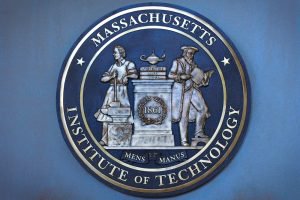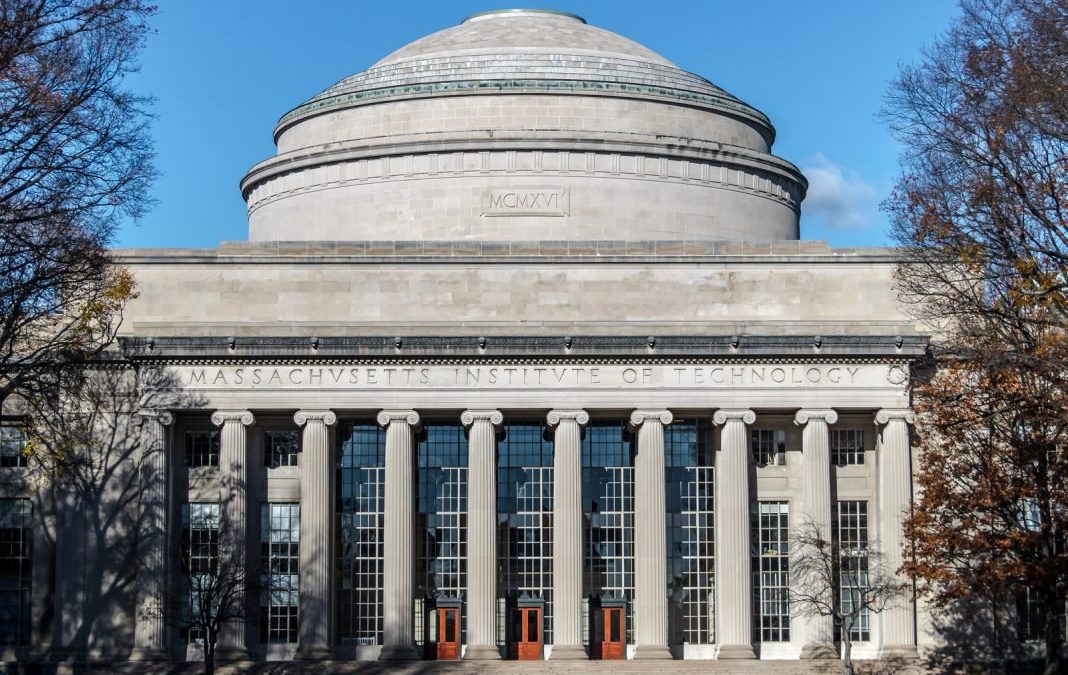The Massachusetts Institute of Technology (MIT) has announced a pilot program that will issue diplomas to 111 graduates utilizing the bitcoin blockchain. The program is the product of a partnership between the MIT Registrar’s Office and Learning Machine – a Massachusetts-based company specializing in software development.
Also Read: MIT Study Shows Exclusivity Encourages Greater Bitcoin Adoption
MIT Will Issue Diplomas Via the Bitcoin Blockchain Using an App Called Blockcerts Wallet
 Blockcerts Wallet facilitates the issuance of a “verifiable, tamper-proof” version of their certification, according to MIT’s website. MIT states that in order to “ensure the security of the diploma, the pilot utilizes the same blockchain technology that powers the digital currency bitcoin. MIT has also integrated the program with the institution’s “identity provider, Touchstone.”
Blockcerts Wallet facilitates the issuance of a “verifiable, tamper-proof” version of their certification, according to MIT’s website. MIT states that in order to “ensure the security of the diploma, the pilot utilizes the same blockchain technology that powers the digital currency bitcoin. MIT has also integrated the program with the institution’s “identity provider, Touchstone.”
MIT has described the program as “groundbreaking”, stating that blockchain-issued academic certification gives student unprecedented “autonomy over their own records.” Registrar and senior associate, Dean Mary Callahan, stated that “from the beginning, one of our primary motivations has been to empower students to be the curators of their own credentials…. This pilot makes it possible for them to have ownership of their records and be able to share them in a secure way, with whomever they choose.”
Chris Jagers, Learning Machine’s CEO and co-founder, praised MIT for their innovative adoption of blockchain technology. “MIT has issued official records in a format that can exist even if the institution goes away, even if we go away as a vendor. People can own and use their official records, which is a fundamental shift.”
Blockcerts Wallet Is the Product of Several Years of Development at MIT
 In 2015, Philipp Schmidt of MIT’s Media Lab, began “issuing internal, non-academic digital certificates to his team.” In 2016, Learning Machine partnered with Schmidt’s team to develop “an open-source toolkit called Blockcerts, which any developer or school can use to issue and verify blockchain-based educational credentials.”
In 2015, Philipp Schmidt of MIT’s Media Lab, began “issuing internal, non-academic digital certificates to his team.” In 2016, Learning Machine partnered with Schmidt’s team to develop “an open-source toolkit called Blockcerts, which any developer or school can use to issue and verify blockchain-based educational credentials.”
Jagers states that the Blockcerts Wallet is employed in order to overcome perceived challenges relating to ensuring that students are able to appropriately store and manage their private keys. Jagers states “it’s a huge roadblock to tell students to go generate public-private key pairs for the bitcoin blockchain. Nobody has any idea what you’re talking about.”
MIT states that the Blockcerts Wallet “generates the public-private key pair and sends the public key to MIT, where it is written into the digital record. Next, a one-way hash is added to the blockchain. The diploma information itself doesn’t go onto the blockchain, just the timestamped transaction indicating that MIT created the digital record. Finally, MIT emails the digital diploma… with the student’s public key inscribed into it. Because the mobile app on the student’s phone has their unique private key, the student can prove ownership of the diploma.”
MIT Describes the Program as Having Numerous Benefits to Students
 MIT states that the program allows students to “share their diplomas almost immediately with whomever they please, free of charge, without involving an intermediary.” The institution also points out that “thanks to the blockchain, the third party can easily verify that the diploma is legitimate without having to contact the Registrar’s Office. Using a portal, employers or schools can paste a link or upload a student’s digital diploma file and receive a verification immediately.” MIT states that the portal “essentially uses the blockchain as a notary, locating the transaction ID…, verifying the keys, and confirming that nothing has been altered since the record was added.”
MIT states that the program allows students to “share their diplomas almost immediately with whomever they please, free of charge, without involving an intermediary.” The institution also points out that “thanks to the blockchain, the third party can easily verify that the diploma is legitimate without having to contact the Registrar’s Office. Using a portal, employers or schools can paste a link or upload a student’s digital diploma file and receive a verification immediately.” MIT states that the portal “essentially uses the blockchain as a notary, locating the transaction ID…, verifying the keys, and confirming that nothing has been altered since the record was added.”
Dean Callahan has expressed her satisfaction with the outcome of the pilot program so far, and revealed that she has received inquiries related to the program from numerous international universities, and also the European Commission. “We’ve just begun to scratch the surface of where this will lead. It’s an exciting time,” Callahan stated.
Jagers has described the program as “transformative”, stating that “it could be as big as the web, because it affects every sector. It’s not just academic records. It’s being able to passively know that digital things are true. That creates a whole new reality across every sector.”
What do you think of MIT’s pilot program? Share your thoughts in the comments section below!
Images courtesy of Shutterstock
Need to calculate your bitcoin holdings? Check our tools section.














